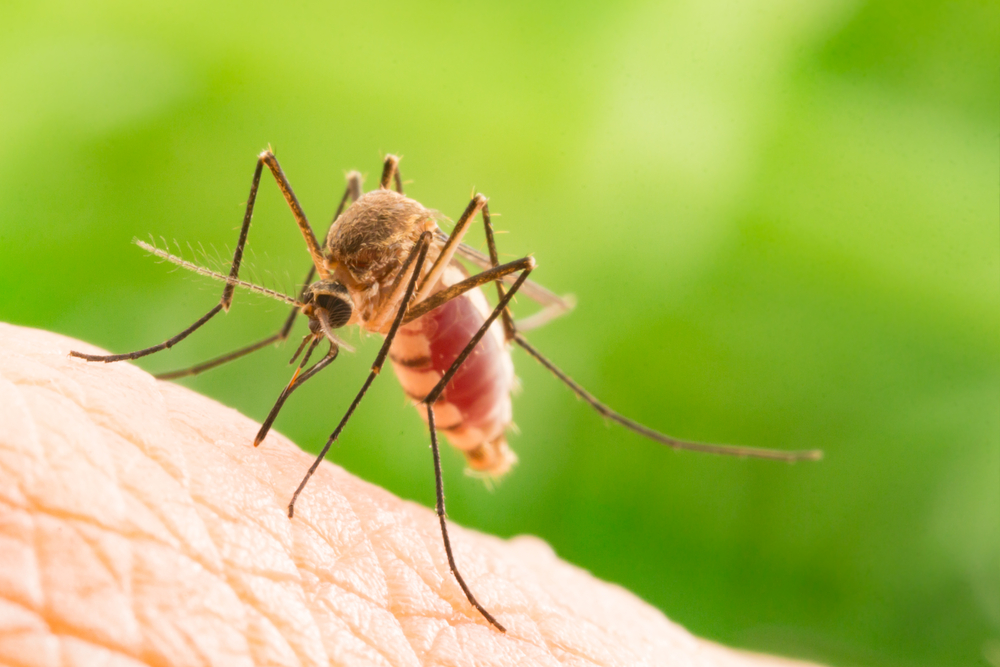Contents:
- Medical Video: 4 Things That Are Killing Your Sex Drive
- What are the diseases that can cause sexual arousal to disappear?
- 1. Diabetes
- 2. Heart disease
- 3. Nervous disorders
- 4. Kidney disease
- 5. Mental illness
- It does not mean you cannot / may have sex
Medical Video: 4 Things That Are Killing Your Sex Drive
There are many factors that can interfere and even cause sexual arousal to decrease. Generally, this is more affected by stress, hormonal changes, or the presence of problems in the relationship. But if sexual arousal continues to fall for a long time or even disappear, this may indicate there is an underlying condition or disease.So, what are the diseases that can cause sexual arousal to disappear? Here's the review.
What are the diseases that can cause sexual arousal to disappear?
1. Diabetes
Diabetes can cause damage to the nervous system and blood vessels. Diabetics are also more susceptible to heart disease. The presence of problems in the heart can cause blood flow to sensitive areas and intimate organs to be blocked. As a result, you will be more difficult to be aroused and even cause sexual arousal to disappear prematurely.
In men, tissue damage has the potential to cause erectile dysfunction problems (whether it is difficult to achieve an erection or difficult to maintain) and difficulty orgasm (difficult to ejaculate). Even,1 in 3 menpeople with diabetes experience erectile dysfunction aka impotence.
In women, a decrease in sexual arousal is more influenced by the difficulty of reaching orgasm due to the clitoris which is also unable to respond to stimuli due to nerve damage. In addition, women who have diabetes are also more susceptible to infection with vaginitis (vaginal yeast infections) and cystitis (one type of UTI) that occurs repeatedly. This can make sexual intercourse very painful, and is made worse by itching or burning.
2. Heart disease
Problems with the work of the heart can cause blood flow to the entire body to be blocked, including to sensitive areas and your intimate organs. In fact, optimal blood flow is needed for men to achieve and maintain an erection, and for women to be aroused and reach orgasm. That's why heart disease is also closely related to risk factors for erectile dysfunction in men.
Moreover, sex can be dangerous for some people who have certain heart diseases. According to a report in the American Journal of Cardiology, you may have to stay away from sex (at least temporarily) if you experience the following conditions:
- Angina is unstable, meaning angina (chest pain) is severe, over time it becomes more frequent, or appears when resting.
- Beginning of angina (chest pain due to heart problems)
- Hypertension (high blood pressure) is uncontrolled
- Advanced heart failure (marked by shortness of breath when resting)
- Heart attack in the last 2 weeks
- Certain arrhythmias (abnormal heart rate, especially in the ventricles of the heart)
- Cardiomyopathy (weak heart muscle)
All these conditions are feared can increase your risk of having a heart attack during sex which can be fatal. Indirectly, the frequency of sex that decreases over time can cause sexual arousal to disappear.
In addition, some heart disease drugs that you use also have side effects to reduce sexual arousal.
3. Nervous disorders
Nerve damage, for example due neuropathy, can cause sexual arousal disappear. Nervous disorders do not directly affect the production of sex hormones libido, but can inhibit the body's reaction to respond to sexual stimulation.
Passion and orgasm are controlled by nerves in the intimate organs (penis, vagina, and clitoris) and other sensitive body parts. These nerves receive sexual stimulation and send signals to these stimuli to the brain.
From there, the brain will respond by flowing blood to your intimate organs. When enough is aroused, the penis will erect and then ejaculate. The female clitoris can also be aroused and erect. Well, any disturbance in the body's nerves can inhibit or disrupt the stimulation process. As a result, you can not be excited, erect, or even difficult to orgasm.
Nerve damage that causes lost sexual arousal is usually experienced by people with diseases such as diabetes, stroke and multiple sclerosis. People who have had pelvic surgery or have had a spinal cord injury are also prone to nerve damage that can cause orgasmic difficulties.
4. Kidney disease
Chronic kidney failure and dialysis therapy that you do during treatment can affect your sexual desire. Because, all the energy that the body has will be centered on the disease that makes you tired and not eager to move, even to having sex with a partner.
Chemical changes that occur in the body because the side effects of treatment also affect hormones, blood circulation and nerve function. Interference with one or all three can cause a decrease in sexual arousal.
5. Mental illness
Mental illness can have a negative impact on mood, feeling, stamina, appetite, sleep patterns, and the concentration level of the sufferer. No exception also sexual desire. Mental illness can also cause loss of interest and aversion to things that were previously liked, including sex.
This is not limited to people who are depressed, but also other mental disorders such as anxiety disorders, bipolar disorder, borderline personality disorder, and even OCD and PTSD. Some drugs related to mental disorders, such as antidepressants such as fluoxetine (Prozac), can also reduce sex drive.
Apart from independent diagnosis, mental illness can also appear to accompany various chronic physical illnesses as its complications. Because, receiving a diagnosis of a chronic disease can make your emotions become unstable. You feel worry, fear, anxiety, and stress. This emotional change does not rule out the possibility that it will affect your sexual desire.
For example, among patients with heart disease, decreased sexual appetite often comes from depression. Depression can affect 1 in 3 patients recovering from a heart attack. This condition often decreases sex drive, and in men, can cause erectile dysfunction.
It does not mean you cannot / may have sex
Even though diseases can cause sex drive to disappear, it doesn't mean you have to give up.
Don't be shy to talk about this with a doctor. Talk about whether or not the treatment you are taking has an influence on your sexual life. If you feel you need the help of a psychologist or sexologist to talk about this, do it immediately. There is no reason you cannot or cannot enjoy closeness and intimacy throughout your life.
With your doctor's permission, you may be able to continue your full sex life. However, you also have to be more careful, for example using a position that is not too burdensome, or scheduling sex at the right time.












